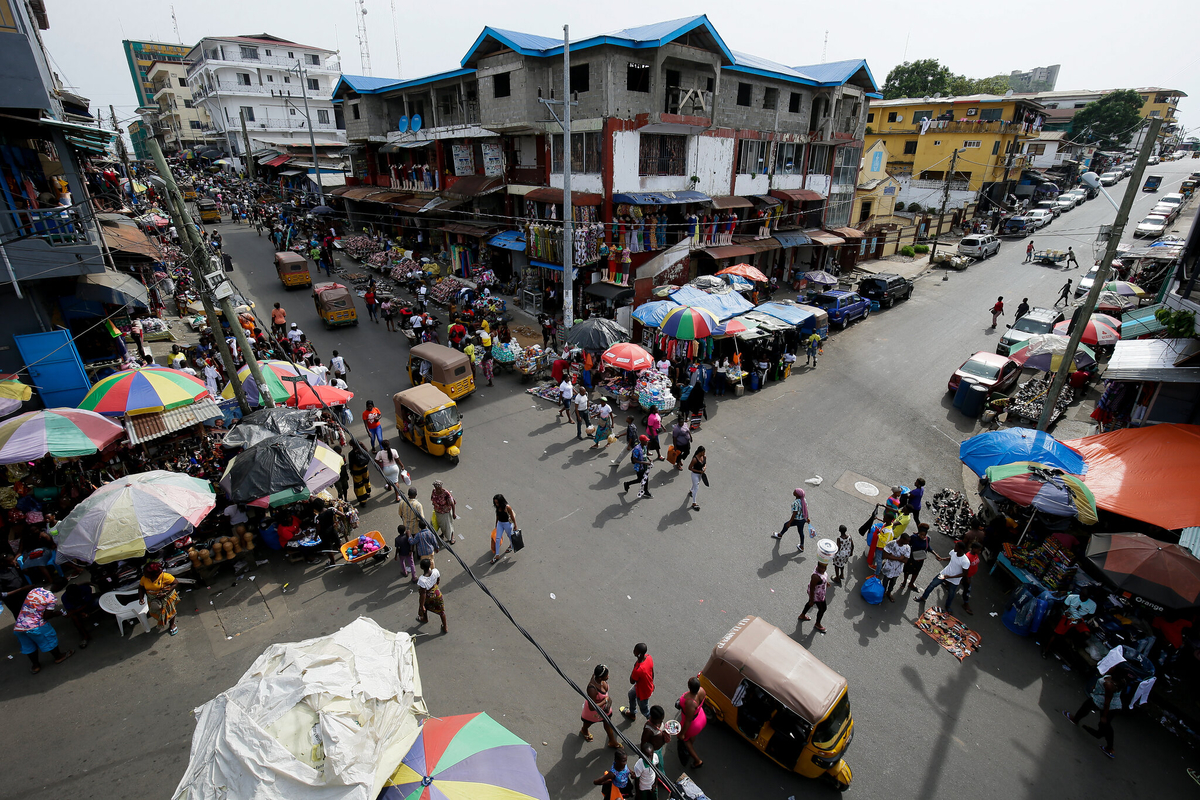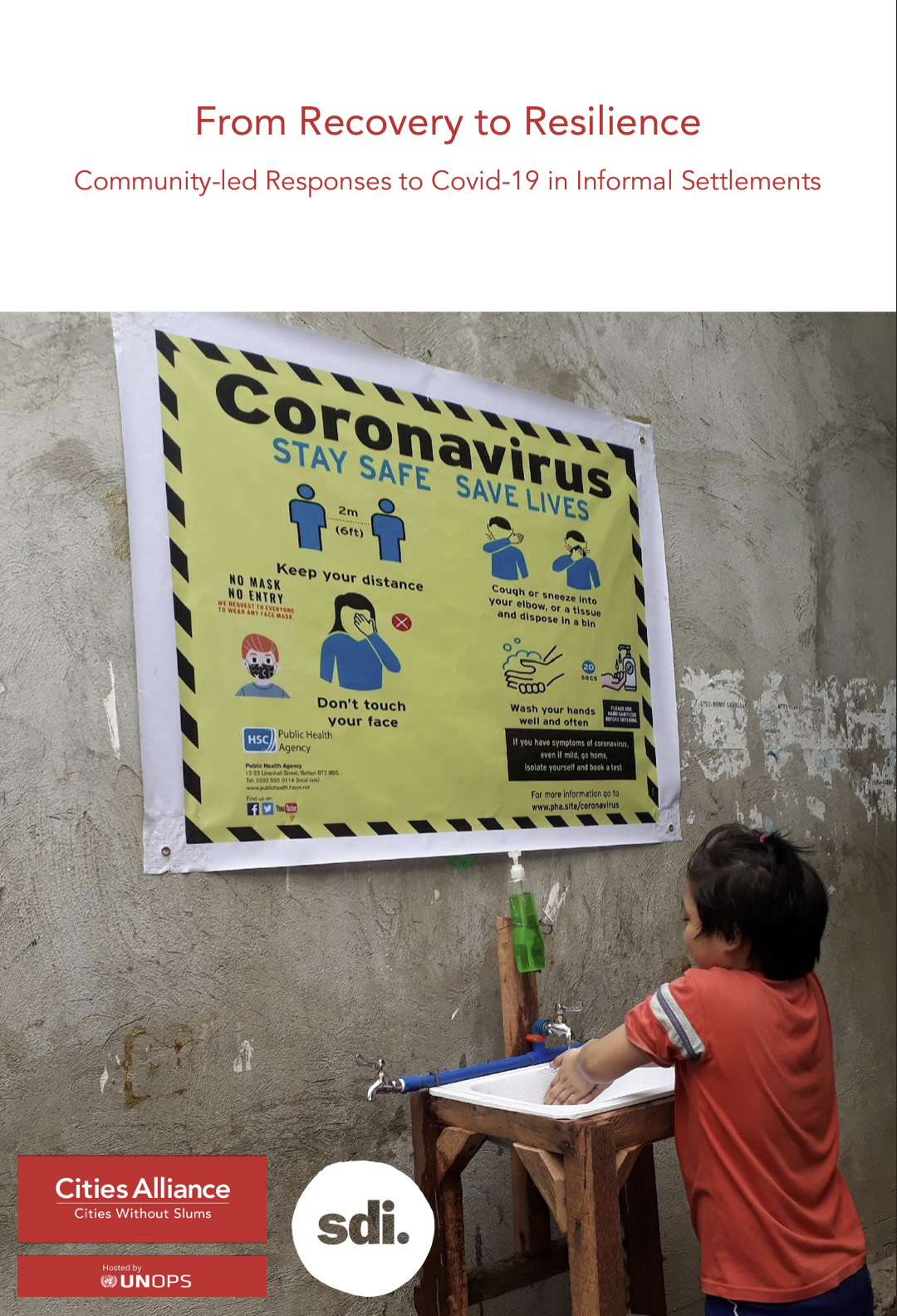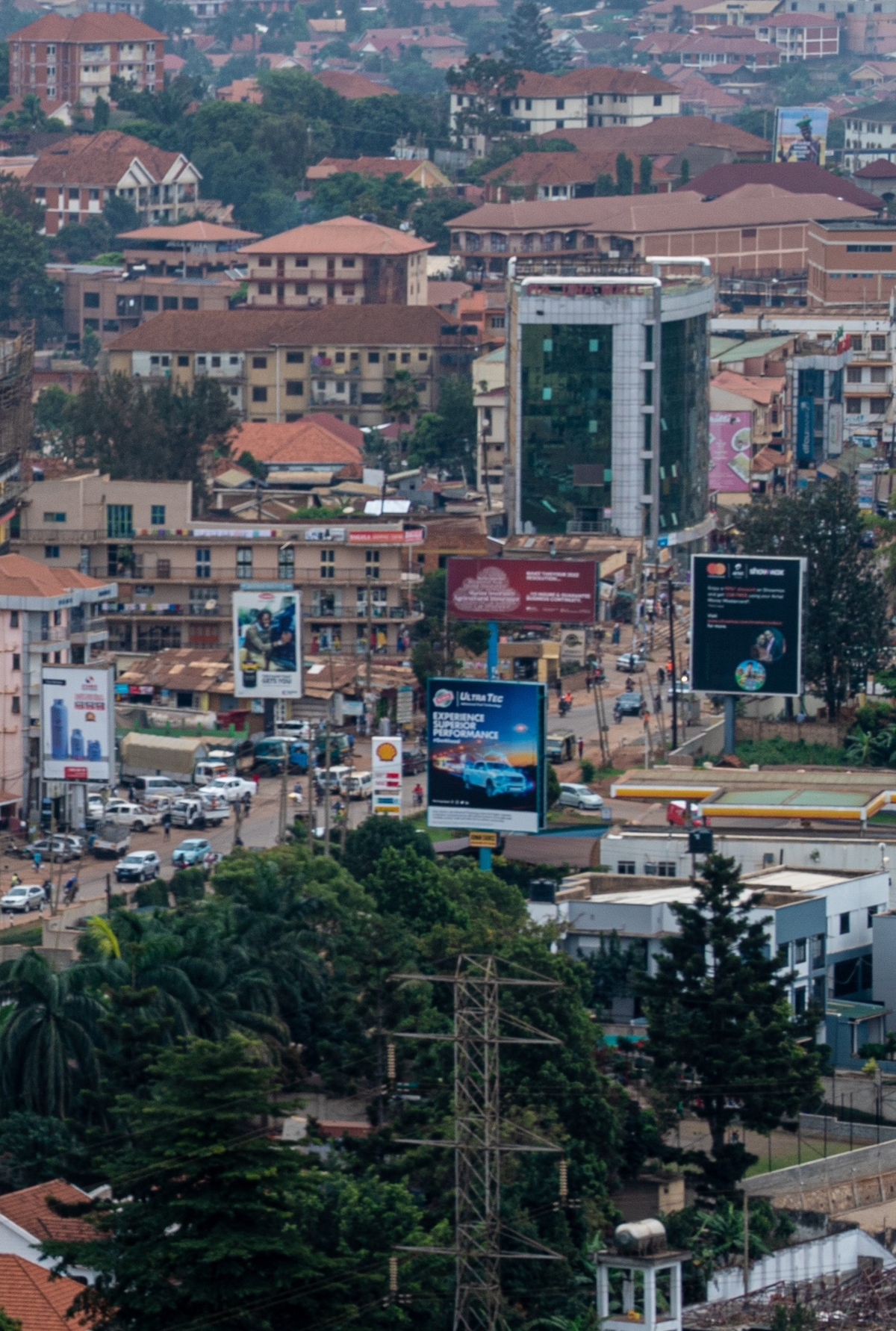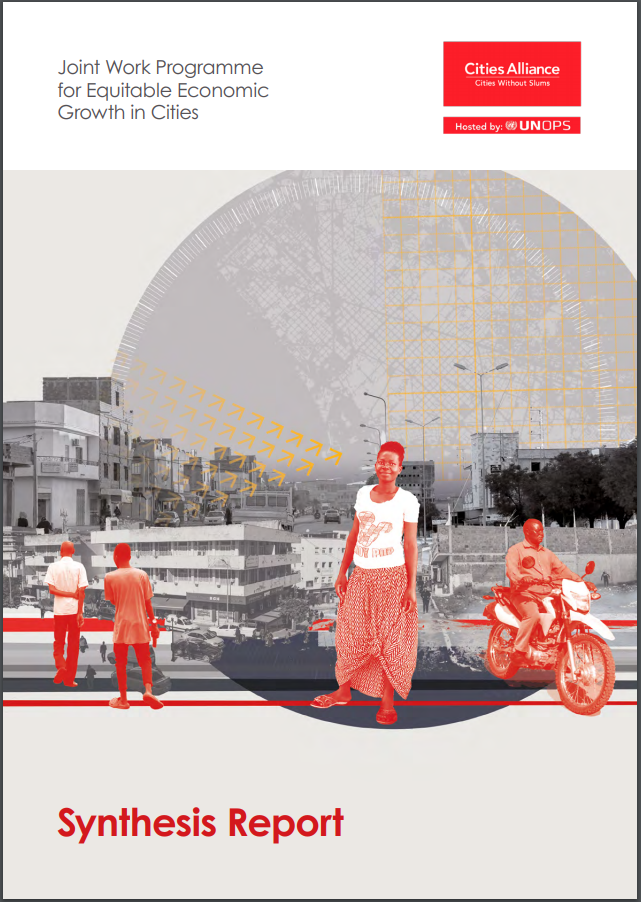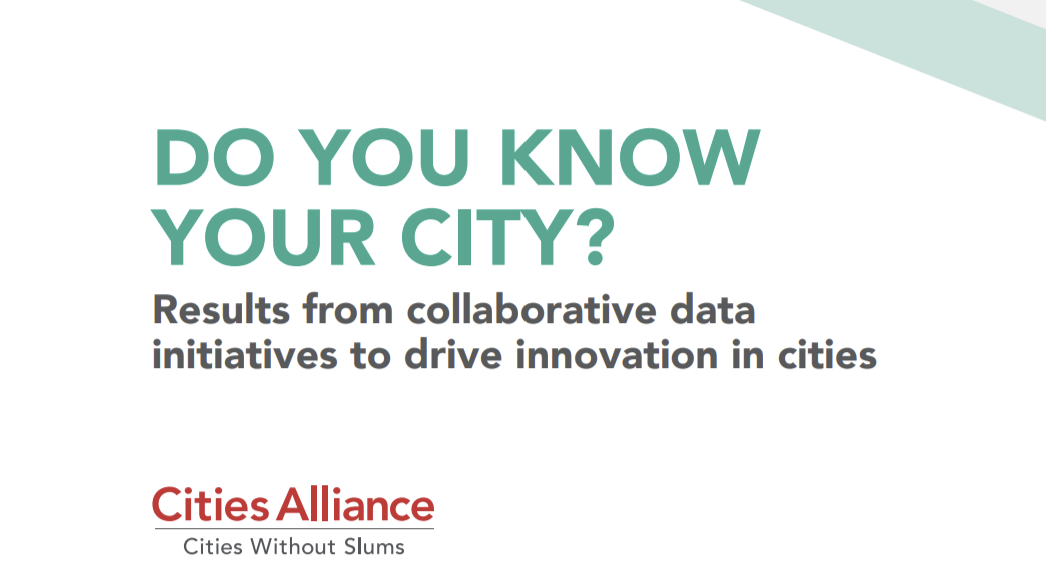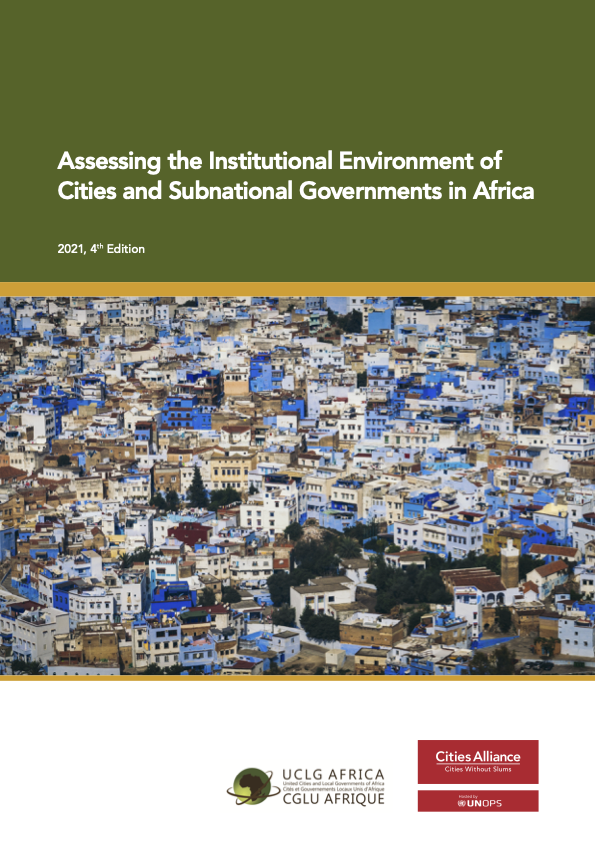Cities Alliance has worked in Sub-Saharan Africa since 2000, supporting initiatives on slum upgrading, strategic urban planning, national policy development, community-driven development, migration, gender equality, and climate resilience.
We have provided technical assistance to local and national governments in 33 countries in all four regions of Sub-Saharan Africa, with a particular focus on secondary cities.
Key initiatives include:
- A wide-ranging programme in Eastern Africa that is empowering secondary cities to become central actors and leaders in unlocking the development potential of migration.
- A broad-based initiative in 16 countries to support communities with building resilience.
- Country Programmes that provide long-term support for developing national policy frameworks, climate-resilient strategies and plans that include all residents, engaging citizens in urban governance, and improving service delivery to the urban poor.
- Establishing innovative partnerships between cities to develop the tools and capacity for inclusive urban planning.
- Building networks for cities that face similar challenges to learn from each other and share solutions.
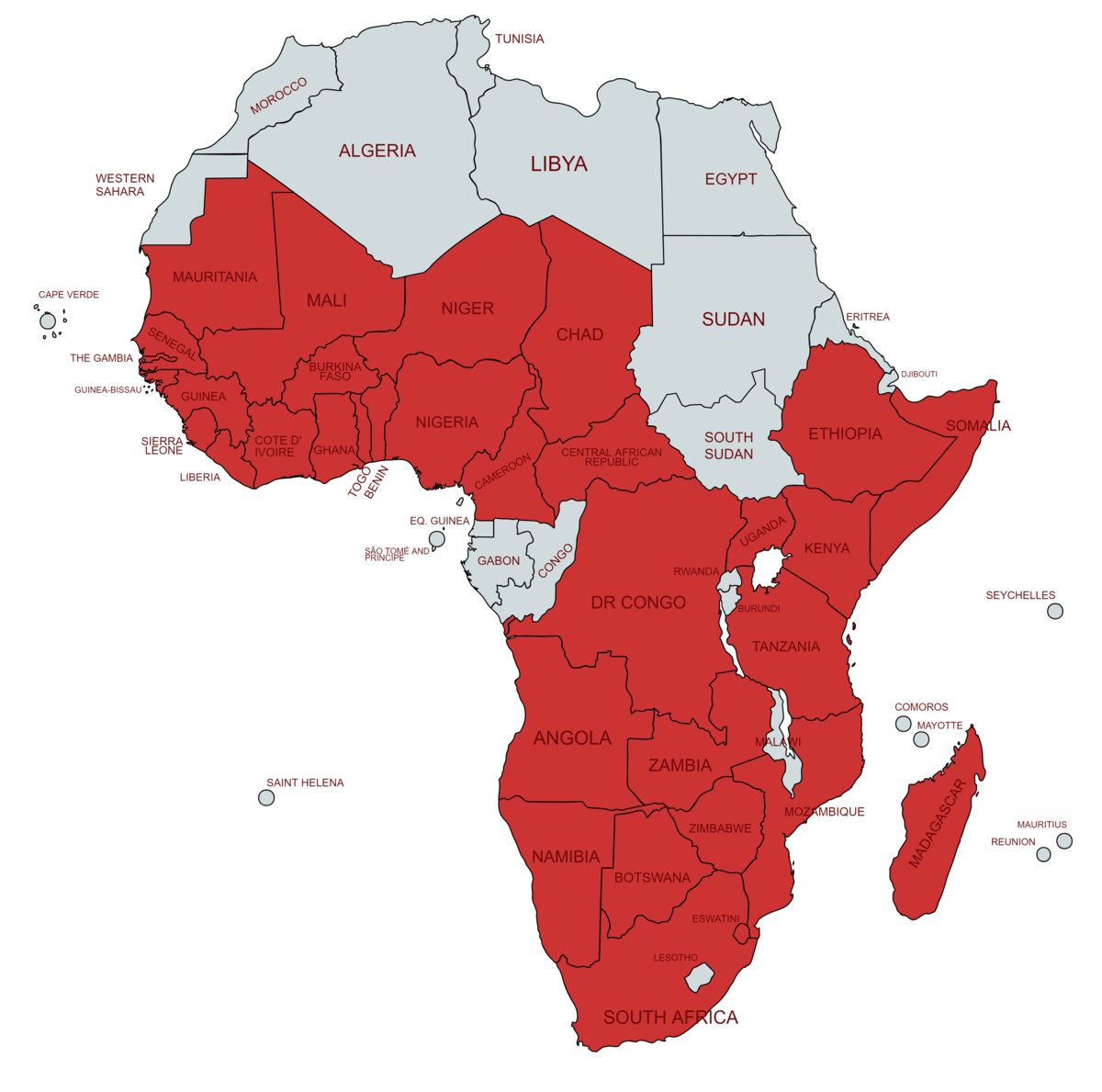
When Covid-19 struck, urban poor communities around the world were hit hardest. The pandemic's unprecedented social and economic impacts exposed the vulnerability of people living in slums, and the urgency of providing them with immediate assistance and building their resilience to prepare for future shocks.
Cities Alliance responded rapidly to the crisis. In partnership with its member Slum Dwellers International (SDI), and with financial support from the Swedish International Development Cooperation Agency (Sida), it put together a programme to support civil society organisations working in informal settlements across 19 countries.
Phase I (2020-2021) focused on responding to shocks. It supported civil society groups to respond to the social, economic, and health impacts of the pandemic in informal settlements. The programme was implemented in 17 countries across Africa, Asia, and Latin America, to enhance the overall resilience of slum organisations and communities during the crisis and strengthen their capacity and systems for preparedness in the face of other emergencies.
Phase II (2022–2024) emphasises recovery and rebuilding activities. It supports communities in recovering from the COVID-19 pandemic and building resilient environments. The two-year programme builds on the achievements of Phase I. It is being implemented in 16 countries across the same regions covered in the previous phase.
One of the Cities Alliance's most ambitious programmes, Future Cities Africa (2014–2016) helped cities anticipate future challenges in terms of climate, environment, and natural resources, and gave them the tools to develop and implement action plans while promoting growth.
In 24 months, the programme was implemented in 21 cities across four African countries – Ghana, Ethiopia, Mozambique, and Uganda – with funding from DfID.
By using similar methods and sharing implementation progress among the cities, FCA was able to identify approaches to help cities anticipate future challenges in terms of climate, environment, and natural resources. It also gave them the tools to develop and implement action plans to minimise these challenges while promoting growth.
The activities undertaken as part of the FCA programme had a considerable impact on the participating cities and countries. They helped cities look at future development in a new way, and gave them quality evidence and tools to undertake more focused, participatory urban action plans.
For the Cities Alliance, FCA showed that the partnership can deliver an intensive programme within a tight deadline, within budget, and with good results. It also enabled the Cities Alliance to collect information on, and strengthen its understanding of, the challenges facing African cities across five key areas: governance, citizenship, economy, services, and the environment.
More information:
This initiative was a component of the Cities Alliance Joint Work Programme for Equitable Economic Growth in Cities (2016–2020).
The Campaign City process facilitated local partnerships in selected cities in partner countries, supporting the promotion of equitable access to public goods and services based on local needs, capacities, and priorities.
Each campaign city produced an Institutional Enabling Environment Report (IEER), a Local Assessment Report (LAR), and city-level, evidence-based policy briefs and recommendations. Links to all available outputs.
Ghana
The campaign sought to support the link between access to public goods and services and more equitable city economy in the two secondary cities of Agona Swedru and Cape Coast through focus areas adapted to each city’s specific needs.
Kenya
The campaign facilitated a 24-month local support initiative aimed at supporting the promotion of equitable access to public goods and services through focus areas adapted to the specific needs and context of Kajiado and Nyandarua counties.
Uganda
The campaign built the capacity of secondary cities to be able to address some of the challenges arising as a result of the rapid urbanisation that Uganda is experiencing. It assisted two Ugandan municipalities, Gulu and Mbale, to develop well-researched and evidence-based policy recommendations on how to improve the delivery of municipal public goods and services that contribute to equitable economic growth. Through a participatory process involving different stakeholders, two themes – Local Economic Development and Public Space and Land Management – were selected for in-depth analysis to inform city action plans to foster equitable, inclusive, and sustainable growth.
This project (2015-2017) focused on building partnerships between slum dwellers, local planning schools, and the municipality in four secondary cities in Kenya, Namibia, Uganda, and Zambia.
The main vehicles for developing these partnerships are “learning studios” for planning students, who work together with communities to collect data and identify urban development priorities. Results from the different communities are compiled in city workshops together with municipalities so that the community engagement can move from data gathering to planning interventions.
Through the project, the different communities have gained valuable IT, community organisation, and mapping skills and better understand the importance of advocating for their rights. The next generation of urban planners is learning “hands-on” the concept of promoting inclusive cities. Authorities, in turn, are showing greater understanding and appreciation for participatory urban planning.
The project was funded through the Innovation Programme's Know Your City 2014 Call for Proposals and implemented by Shack/ Slum Dwellers International and the Association of African Planning Schools (AAPS).
In October 2013, the Cities Alliance and the United Cities of Local Governments for Africa launched an analytical framework that aims to measure progress toward creating well-functioning African cities. This critical analysis is the first of its kind in Africa, and forms a core component of our partnership with UCLGA.
The City Enabling Environment (CEE) initiative assesses and ranks cities in 50 African countries according to commonly agreed-upon, key elements of enabling environments for well-functioning cities. It provides a brief situational analysis for each country and highlights progress as well as challenges in decentralisation.
Each country report concludes with possible areas of intervention to strengthen its city enabling environment. The process helps cities and local authorities see where they stand relative to other African countries and determine what actions should be taken at the national level to manage urbanisation effectively. It also helps spark an open debate among stakeholders on key reforms that can be undertaken to fill the identified gaps.
The CEE Ratings are updated every three years.
Through the Urban Planning Education and Applied Research in Sub-Saharan Africa initiative (2012-2013), Cities Alliance supported the African Centre for Cities (ACC) and the Association of African Planning Schools (AAPS) in their initiative to reform urban planning education in Africa to be more responsive to urban transformation in the region. The Rockefeller Foundation also funded the initiative.
With Cities Alliance support, the AAPS convened a major all-schools meeting of its growing network in October 2012. The event highlighted progress in two main areas: The development of an urban planning undergraduate framework programme, and piloting a postgraduate planning curriculum.
At the meeting, participants decided to establish a community of practitioners. This is an excellent potential source of knowledge exchange for schools participating in AAPS’ network, which is expanding; what began as a handful of schools had grown into a network of 50 planning schools in countries from all African regions by 2012.
This community of practitioners produced a series of knowledge products in support of planning education reform on key topics, including a postgraduate curriculum framework, an outline for a planning law course, and resources for conducting case-based research.
In addition, it has created curriculum development toolkits on actor collaboration, climate change, the informal economy, mapping cultural landscapes, as well as spatial planning and infrastructure.
One of the most exciting of these is AAPS’ active collaboration with Shack/Slum Dwellers International (SDI) to run urban studios, with funding from the Rockefeller Foundation.
Through these studios, planning students work closely with slum dweller federations to enumerate, map, and plan settlements in select cities. The hands-on studios take students out of the classroom and into the field, where they forge relationships with slum communities and undertake joint planning.
The collaborative studio approach is a very powerful way of changing attitudes on in-situ upgrading. Carving out a distinct set of complementary roles and contributions helps change the relationship between professionals and non-professionals.
The result is planning that is more responsive to informality—the reality of many African cities—than outdated post-colonial approaches that generally ignore informality altogether. At least 17 urban studios, including ones in Malawi and Uganda, were held through the partnership.

